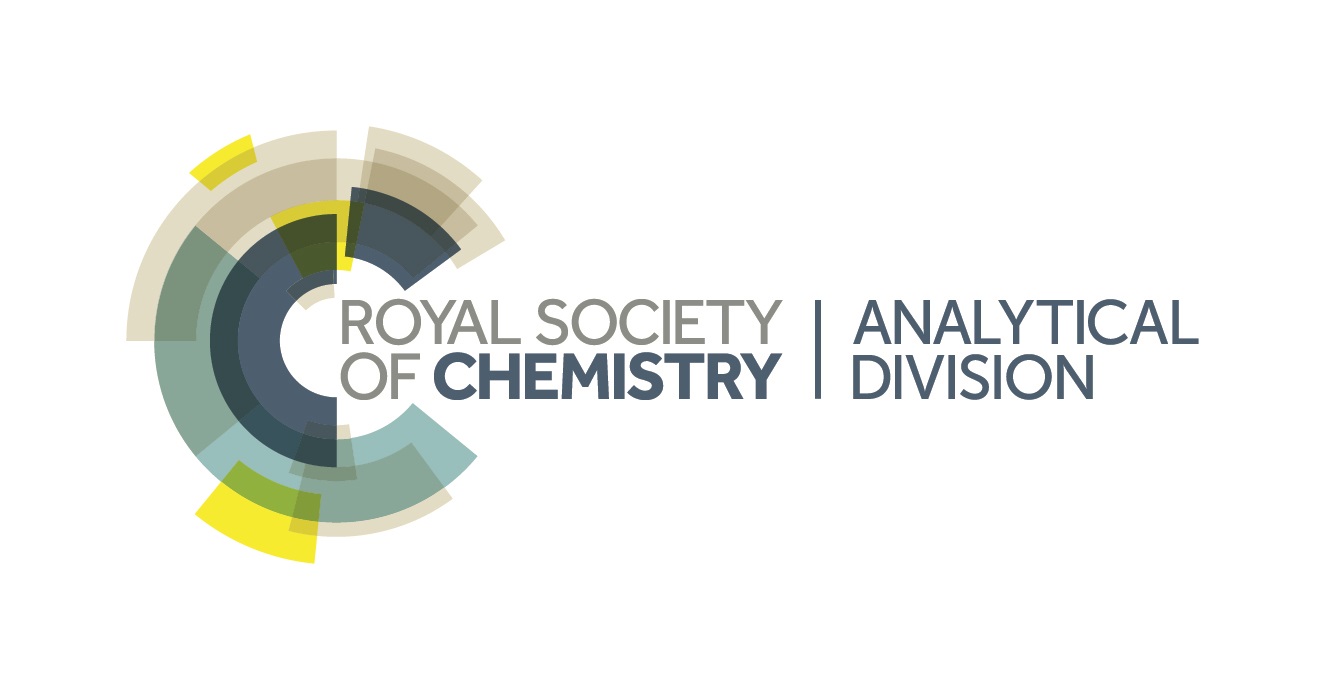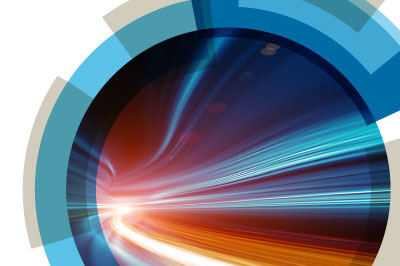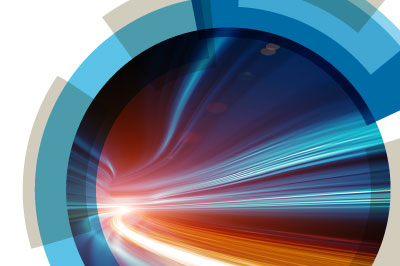Gaseous ion spectroscopy generally couples mass spectrometry with a class of high-resolution laser spectroscopy, providing a route for studying the intrinsic chemical and physical properties of isolated ions. The isolation of the molecular ion of interest from its native environment is important to decouple the influence of the surroundings from the intrinsic properties. The effect of the environment can then be incrementally re-introduced through studies of sequentially solvated clusters, which allow the interaction with solvent molecules with the ion to be studied on the molecular level. This field has the potential to impact a wide range of chemical, physical and biological problems and it has seen a rapid diversification in the past decade with the application of different ion sources, cryogenic ion traps, and new light sources such that this potential impact is rapidly being realised. The rapid development of experimental techniques has required a concomitant development of theory, which is now being used to model ever larger systems both in terms of structure and dynamics.
The rapid growth of the field and impressive scientific achievements over the past decade make this meeting both timely and topical and we hope will provide a roadmap of where the field is and what the challenges will be over the next 5-10 years and beyond. The meeting sessions will be structured by technique developments and within these sessions, the various broad applications will be discussed, along with the associated state-of-the-art theoretical methods.
Faraday Discussions have a special format where research papers written by the speakers are distributed to all participants before the meeting, and most of the meeting is devoted to discussing the papers. Everyone contributes to the discussion - including presenting their own relevant research. The research papers and a record of the discussion are published in the journal Faraday Discussions.
The rapid growth of the field and impressive scientific achievements over the past decade make this meeting both timely and topical and we hope will provide a roadmap of where the field is and what the challenges will be over the next 5-10 years and beyond. The meeting sessions will be structured by technique developments and within these sessions, the various broad applications will be discussed, along with the associated state-of-the-art theoretical methods.
Format
The Faraday Division have been organising high impact Faraday Discussions in rapidly developing areas of the physical sciences, with a focus on physical chemistry and its interfaces with other scientific disciplines for over 100 yearsFaraday Discussions have a special format where research papers written by the speakers are distributed to all participants before the meeting, and most of the meeting is devoted to discussing the papers. Everyone contributes to the discussion - including presenting their own relevant research. The research papers and a record of the discussion are published in the journal Faraday Discussions.
Aims
The purpose of this Faraday Discussion is to bring together experimentalists and theoreticians working on ion spectroscopy in a broad sense and to provide a forum to discuss the latest innovations and applications. These will range from the IR spectroscopy and anion formation mechanism of molecules in the interstellar medium, to the intrinsic structure of catalytic centres in chemical reactions, to the ultrafast dynamics of bioactive chromophores, to exotic ionic systems such as Coulombic crystals and dipole-bound anions.Themes
- Controlling internal degrees
- Pushing resolution in frequency and time
- Going larger: Complex molecules and probing interactions with the environment.
- Exotic systems










